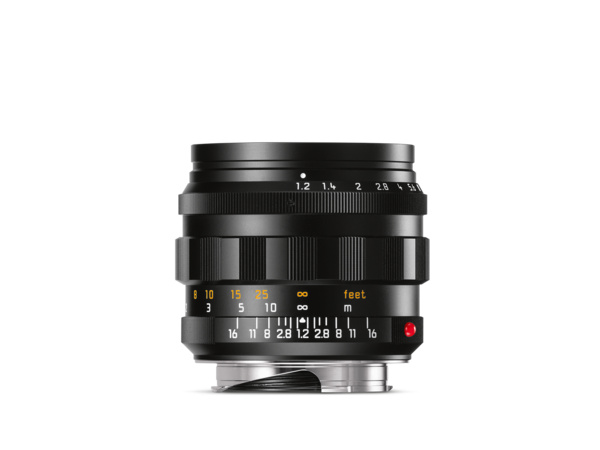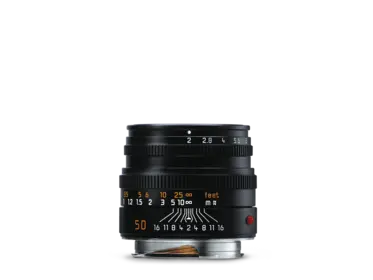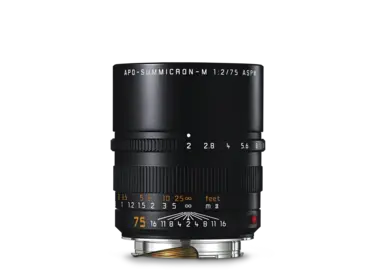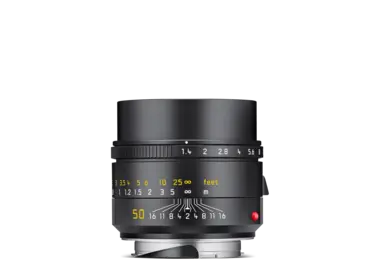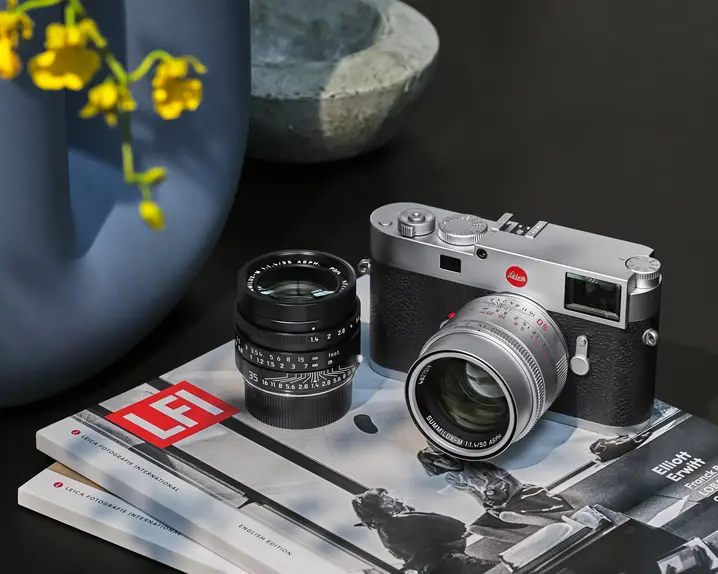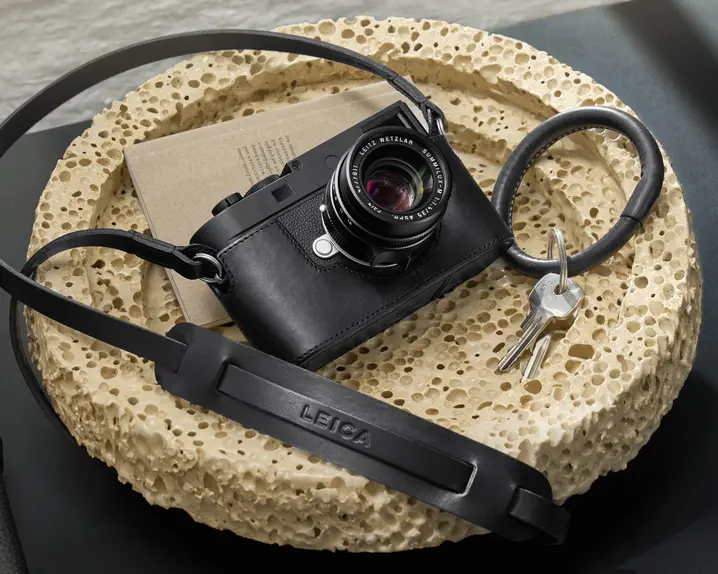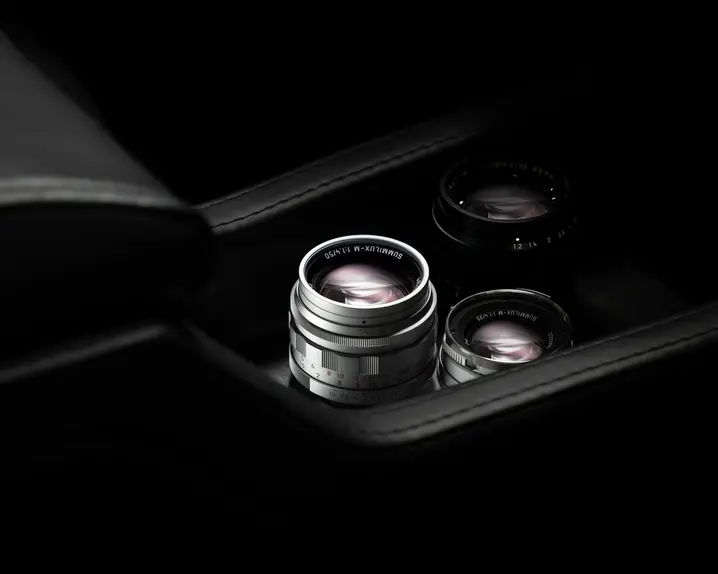Maximum Lens Speed, Minimum Conformity
The Noctilux-M is a fascinating tool for anyone who wants to tell stories through pictures. Photographers all over the world use it to master visual and artistic challenges and to capture the light and dark sides of life in a unique way. The photographs it produces are characterised by an unmistakable bokeh, exceptional separation and an image effect that appears almost impressionistic. An open aperture creates a look that is especially rich in character: artistic, emotional, sometimes even surreal – but always captivating.

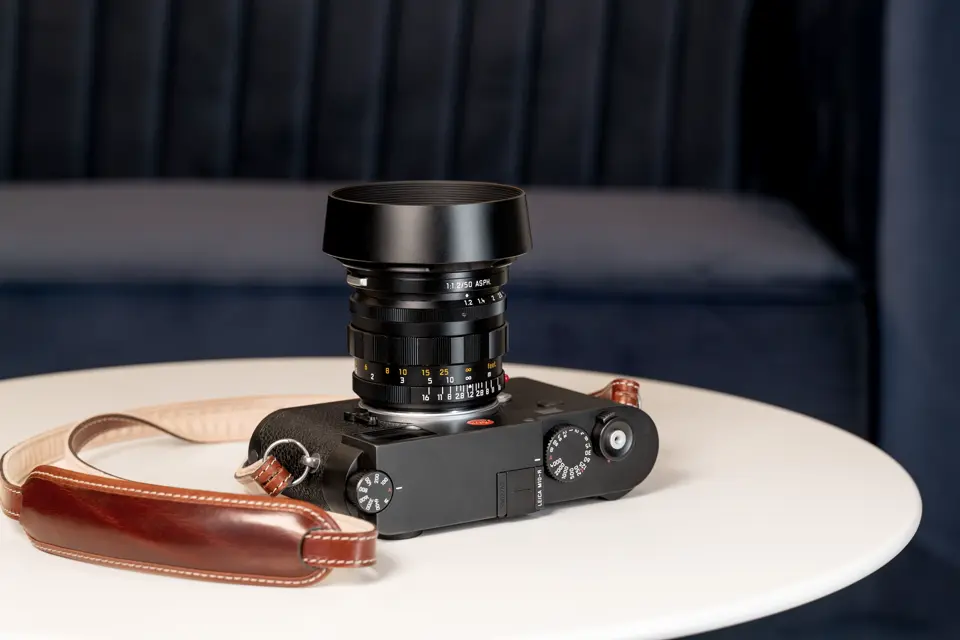
Marking a Milestone in the History of Photography
The Leica Noctilux-M 50 f/1.2 ASPH., carefully adapted to the design of modern lenses, marks the return of one of the most famous lenses for the Leica M-System. It owes this fame to its impressive lens speed, its elaborately manufactured aspherical lenses and its high image quality, which creates a unique look at a wide aperture. The Noctilux 50 f/1.2 was produced from 1966 to 1975 in an edition featuring 1,757 units.
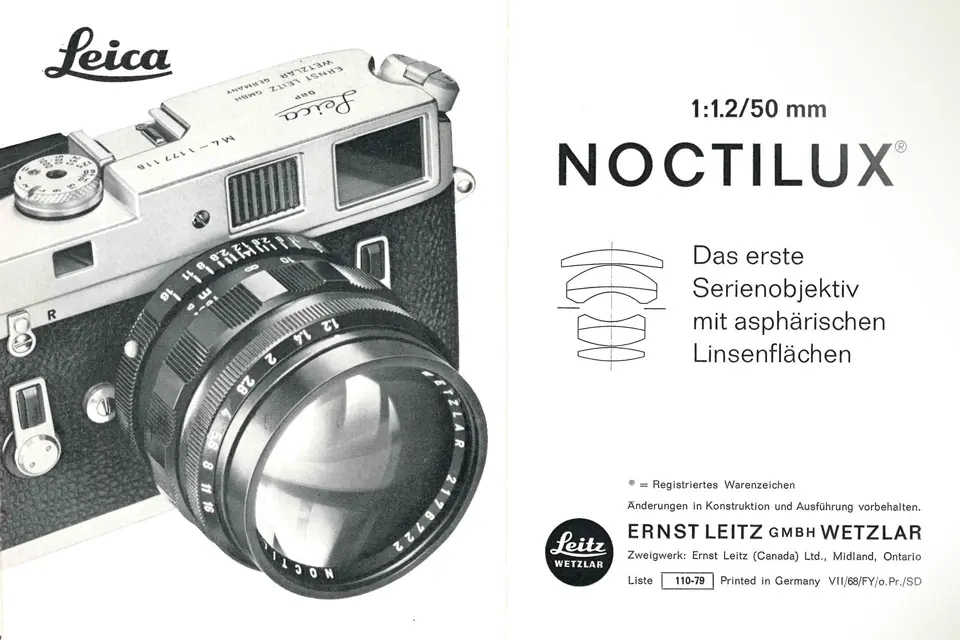
1966: The First Noctilux Lens
The Noctilux 50 f/1.2 astounded trade fair visitors and the trade press alike in 1966 with its almost revolutionary optical properties. Its maximum aperture was huge by the standards of the time, offering exceptional optical performance. This was also due to the fact that the Noctilux was the first lens ever produced in series that had two aspherical lenses. These were tasked with reducing the imaging error of spherical aberration at maximum aperture and increasing the quality of the image field.

The new Noctilux-M 50 f/1.2 ASPH. marks the revival of the world’s first lens with aspherical elements.It allows me to create timeless portraits with a wonderful bokeh and soft skin tones.
Milan Swolfs

Photographer Milan Swolfs is best known for his burlesque and vintage-style fine art portraits that bring to mind the unforgettable Hollywood glamour of the 1920s and 1930s.
Rather than looking to the work of other photographers, Swolfs draws inspiration from old movies, timeless works of art, and the way in which Dutch Masters such as Rembrandt and Vermeer utilised light in their paintings. The photographer, who is also the owner of a vintage Noctilux 50 f/1.2, has taken the new Noctilux-M 50 f/1.2 ASPH. on a thorough field test. His findings confirmed that the original’s distinctive look at open aperture has been retained in the new model. In addition, the Noctilux-M 50 f/1.2 ASPH. delivers an extremely sharp rendition when slightly stopped down – making the new lens suitable for everyday shooting scenarios across the board.
Design of the Noctilux-M 50 f/1.2 ASPH.
The Noctilux-M 50 f/1.2 ASPH. pays homage to one of the most legendary Leica lenses, combining classic image characteristics with state-of-the-art manufacturing precision. Its optical design consists of six lenses in four assemblies, including two aspherical lenses, which ensure an exceptionally balanced image effect. Its lens speed of f/1.2 enables images that stand out for their very shallow depth of field, soft transitions and a characteristic bokeh. Ideal for portraits, atmospheric scenes and artistic photography. The lens delivers high image quality with natural colour rendering and well-controlled vignetting even with an open aperture. It is an expression of the Leica philosophy: precision, aesthetics and character in a compact, powerful tool for one-of-a-kind pictorial composition.
Cross-section of the Noctilux-M 50 f/1.2 ASPH.
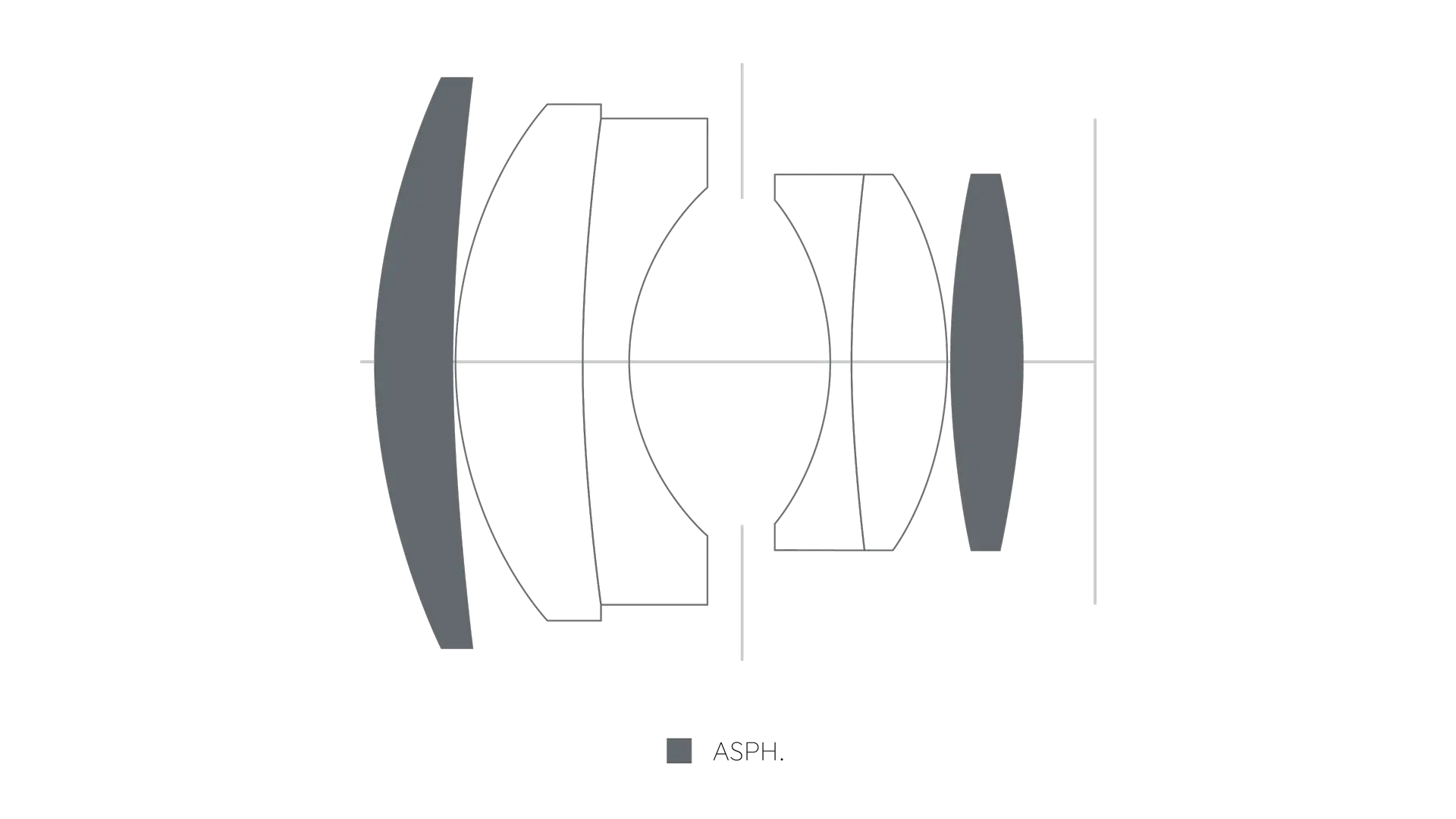
Discover more Leica M-Lenses

Discover the world of Leica with an Expert
Elevate your Leica experience with our team of Leica Experts and learn more about our services.
